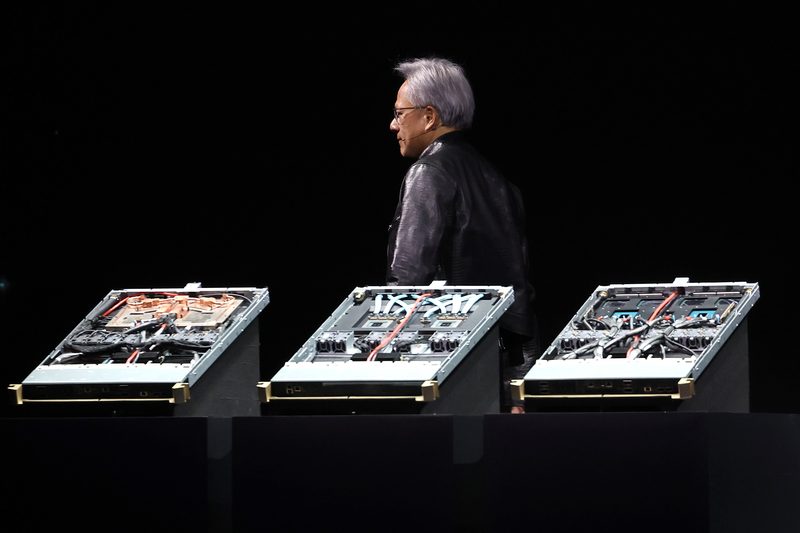A new study has revealed that Microsoft is far ahead of other US and Chinese rivals in purchasing Nvidia’s most advanced graphic processing units (GPUs), as part of its effort to take the lead in the global AI race.
Omdia Research, a group of London based analysts, have shared figures with GRIP that show Microsoft has bought nearly half a million of Nvidia’s Hopper GPUs, more commonly known as chips, this year.
It tops the list with nearly 485,000 chips purchased, followed by Meta which has bought around 224,000. Others rivals such as Google, Amazon, ByteDance and Tencent are also among the top buyers.
Microsoft has one of the most ambitious AI investment plans globally, with bosses hinting that around $100 billion could be spent on developing the technology over the coming years.
Much of that investment seems to have gone into the software side of the technology though, especially on developing Microsoft’s generative AI capabilities.
Backbone of AI infrastructure
Nvidia’s advanced GPUs are considered to be the backbone of many AI infrastructures around the world, and Microsoft’s stockpiling of them shows it is well aware of future hardware needs too.
Global demand for the chips means Nvidia’s stock has seen a surge of 196% year-on-year. The firm is considered a global giant in the semiconductors industry and its market value is now estimated at $3.19 trillion.
In an attempt to reduce reliance on Nvidia’s AI chips and also challenge Microsoft’s market dominance, rivals such as Google, Amazon and Meta are building and deploying their own custom AI chips, according to the FT.
Graphic processors are primarily used at large data centres where the latest AI language learning models (LLMs) are being trained.
Microsoft is also a close partner of OpenAI, a global leader in generative and LLMs, and has invested more than $13 billion in the company’s AI development projects since 2019.















